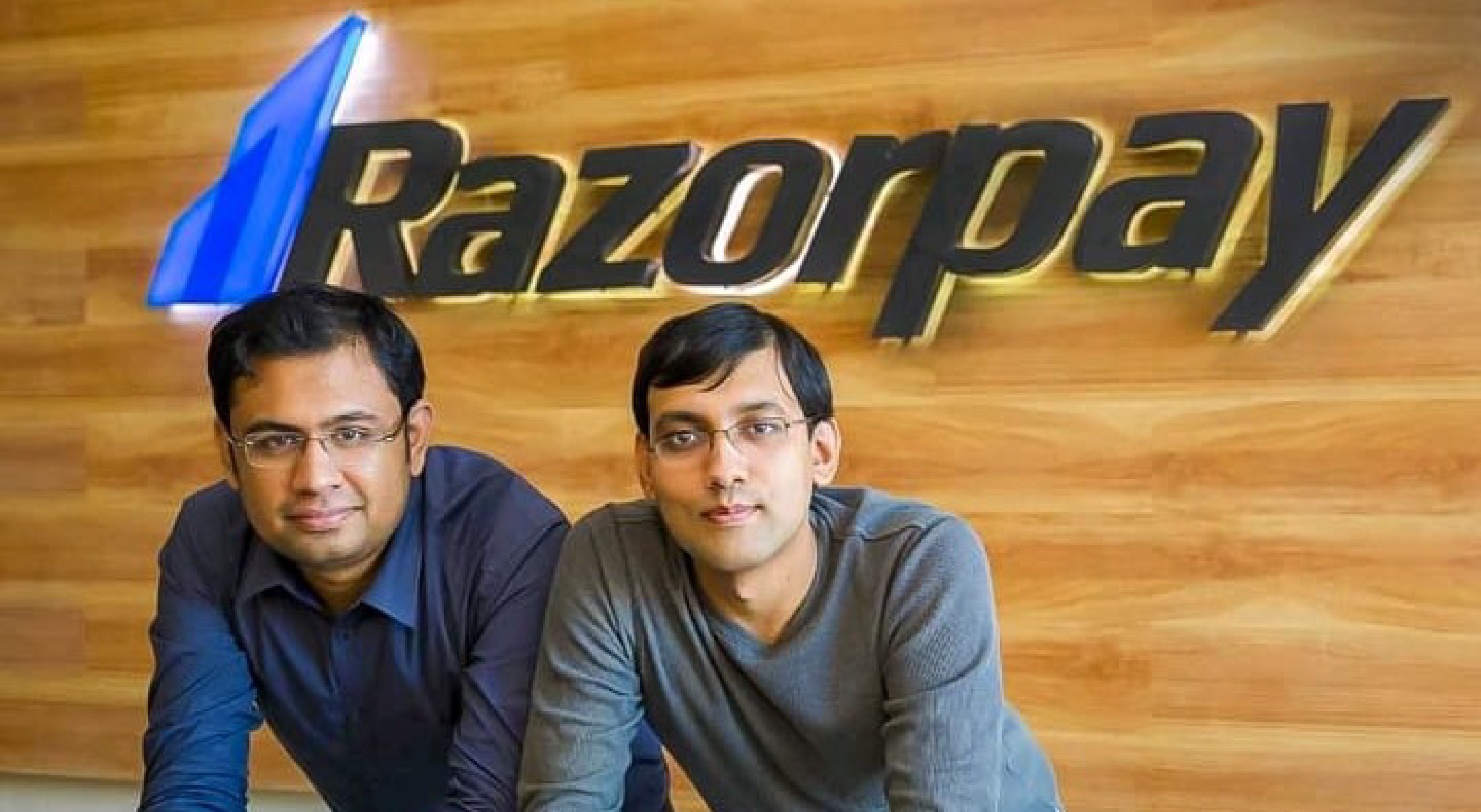Despite rising interest rates, startups use debt to fill financial shortages
- ByStartupStory | October 11, 2022

Washington’s Federal Reserve Building Startups will continue to take on debt even if the Fed increases interest rates. After years of easy money pushed private market values to record highs, startups are lowering interest rates and taking on debt in part to avoid having to reset pricing for stock interests in their businesses.
Many businesses in need of fresh money are instead borrowing millions of dollars from banks, private equity firms, and other financial institutions rather than taking the chance of selling stocks at a lower price than in prior fundraising rounds – and attaining high valuations. services.
But because further rate hikes are likely in the future and the economy is becoming more acidic, market analysts warn that by doing this, they could eventually face more serious issues. Lenders and investors warn that this risk might be made worse by the loans that startups seem to take, particularly those with floating-rate agreements.
According to Arif Janmohamed, a partner at Lightspeed Venture Partners, loans to startups have traditionally taken the form of convertible bonds or other credit agreements that might be converted into equity in a company’s subsequent round of funding. Now, Mr Janmohamed said, “we see the debt that just needs to be serviced.”
According to him, these might be balloons or monthly payments that pose a threat to deprive companies of growth capital when they are most in need of it. Lightspeed does not provide loans to start-ups.
Restrictive covenants, such as obligations to maintain a specific amount of cash on hand, may also be present in start-up loans. According to Mr Janmohamed, this can hamper a startup’s agility, which could provide young businesses with an advantage over big, slower-moving competitors.
Lending to startups has become considerably less appealing over the past ten years due to low-interest rates than equity investing, which is riskier but has the potential for greater rewards. A stock portfolio of an investor can compensate for dozens of failing firms with only one huge IPO.

Lenders are intervening to ease the decline as interest rates increase and financing agreements and IPOs come to a standstill.
According to market researcher PitchBook Data Inc., 1,900 U.S. startups borrowed an estimated $22.4 billion this year through September 29 despite a steep fall in investment activity. In contrast, equity financing has been steadily declining since the start of the year, which, according to PitchBook, has distorted debt-to-equity ratios in the startup market.
Kyle Stanford, a senior analyst at PitchBook, stated that “especially in a market like this, we may expect the amount of debt incurred to increase.” He explained that it was more of an insurance policy to help the company meet the goals it had set during its previous capital issue, rather than a stock replacement.
While debt can lengthen the time between equity financing rounds, which many companies want these days, Mr Stanford warned that a business default would have serious repercussions and could be a fatal blow that would cause them to go bankrupt.
Runway Growth Finance Corp.’s investment advisor and creator, David Spreng, is the CEO and President of Runway Growth Capital LLC. According to him, late- and growth-stage venture-backed businesses that “want to avoid additional stock issuance in the current market” are borrowing significantly more.
Increasing numbers of late-stage businesses, according to Mr Spreng, who intend to go public this year or who are anticipated to be purchased, are instead attempting to extend their financial runways with loans until the market situation improves.
A direct-to-consumer homeowners insurance start-up called Kin Insurance received a $75 million senior secured term loan from Runway Growth Finance in the third quarter. The cloud-based payroll firm CloudPay Inc. received a $75 million loan from it as well.
Concerning late-stage companies, some of the most active investors have “changed strategy or departed the industry,” according to Spreng, naming investment behemoths like Tiger Global Management and Softbank Group. Runway’s financing agreements often contain a combination of debt and equity, similar to many startup lenders.
Earlier this week, Loop Global Inc., an El Segundo, California-based startup that creates electric vehicle charging stations, announced a $60 million fundraising round that included a $20 million loan from private lending company Keystone National Group.
Dustin Cavanaugh, co-founder and CEO of Loop Global, said, “We saw the $20 million senior secured credit facility as a strategic opportunity to boost our inventory production to keep pace with existing and growing demand.” According to Mr Cavanaugh, “the loan arrangement allows Loop to spend the $40 million in equity raised to immediately scale and optimise the business.”
Sitetracker, a provider of cloud-based software for the telecoms and energy infrastructure markets, announced the closing of a $96 million Series D financing round, which included a $30 million loan from Bridge Bank of San Jose, California.
The deal’s announcement by Sitetracker CEO Giuseppe Incitti said that the company’s ability to finance efforts to increase its market presence while continuing to invest in technology is made possible by the combination of debt and equity.








